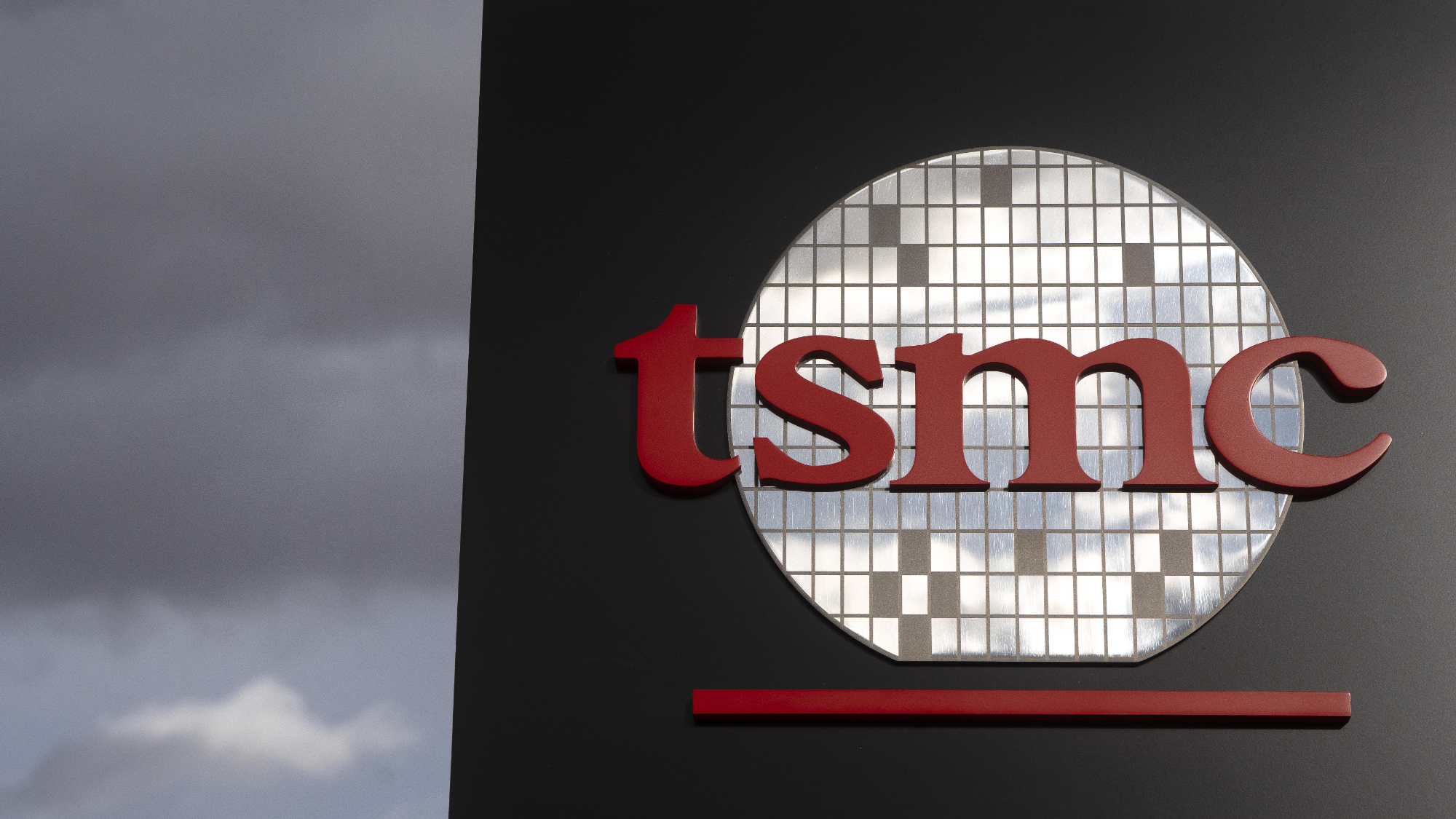Ex-TSMC executive’s homes raided in Intel trade-secret lawsuit — Taiwanese prosecutors seize digital devices in ongoing investigation
Prosecutors seized devices from Lo Wen-jen’s residences as Taiwan deepens probe into chip IP transfer.

Taiwanese prosecutors have searched the homes of former TSMC Senior Vice President Lo Wen-jen, days after the company filed a civil lawsuit alleging that Lo may have leaked trade secrets to Intel. The searches took place on Wednesday, November 26, at Lo’s residences in Taipei and Hsinchu, with authorities confirming that they seized digital devices as part of an ongoing investigation.
TSMC initiated legal action earlier this week, arguing that there is a “high likelihood” that Lo misappropriated sensitive information before joining Intel. The former executive retired from TSMC in July after more than two decades, including a stretch leading research and technology development for some of the company’s most advanced nodes. Intel, which previously employed Lo before his 2004 move to TSMC, said in a statement that it backs Lo and has no reason to believe the allegations.
Taiwan’s Economic Minister Kung Ming-hsin said the Ministry of Economic Affairs is closely monitoring the case, citing the importance of semiconductor IP and indicating that national security laws may be involved if classified information was transferred. The ministry stated it will cooperate with the investigation alongside Taiwan’s High Prosecutors' Office, which is leading the inquiry.
While there’s nothing inherently nefarious about personnel moves, Lo’s seniority and level of access make this case particularly high-profile. Local media reports, cited by state-run Focus Taiwan, allege that investigators are examining whether Lo retained documents tied to 2nm-class process development or restricted data related to TSMC’s A14 and A16 processes. Prosecutors have not confirmed the specific scope of the investigation, and no criminal charges have been filed. Lo had worked for Intel previously before joining TSMC in 2004.
The legal escalation adds a new layer of tension between two of the world’s most prominent chipmakers, as Intel attempts to compete with TSMC in advanced process manufacturing. While TSMC maintains a commanding lead in commercial deployment at 3nm and below, Intel is seeking to catch up with its Intel 18A node, which is currently in the pre-production phase and expected to serve external customers.
The lawsuit and any potential investigation could represent an interesting test of how effectively corporate safeguards and national enforcement can contain IP transfer risks in a sector where senior talent often circulates between rival firms. For now, Taiwan is handling the matter as both a civil and a potential criminal case, and TSMC has not commented beyond its civil suit filings.

Follow Tom's Hardware on Google News, or add us as a preferred source, to get our latest news, analysis, & reviews in your feeds.
Get Tom's Hardware's best news and in-depth reviews, straight to your inbox.

Luke James is a freelance writer and journalist. Although his background is in legal, he has a personal interest in all things tech, especially hardware and microelectronics, and anything regulatory.
-
Sam Hobbs What is the likelihood that Lo Wen-jen can hide data if he wants to? Does he have the knowledge to do so in a manner that most everyone else cannot access? A very low-tech way to hide data is using a micro SD card. Lo Wen-jen however probably has tricks that only a few people would know and they would need to know where to look.Reply -
glrok He would be careless to have incriminating data at home and not well hidden, but there are so many ways to hide data these days, and I'm sure he knows howReply -
nameless0ne The search happened two days after the lawsuit was filed. And they did not allege that they know he stole something. This is just a phishing operation. If it were me - they would find scrubbed/zeroed disks/media.Reply
Like, there were cases where former employees would download terabytes of data on their last day. But in this case, TSMC likely just want to intimidate their own employees or competitors.